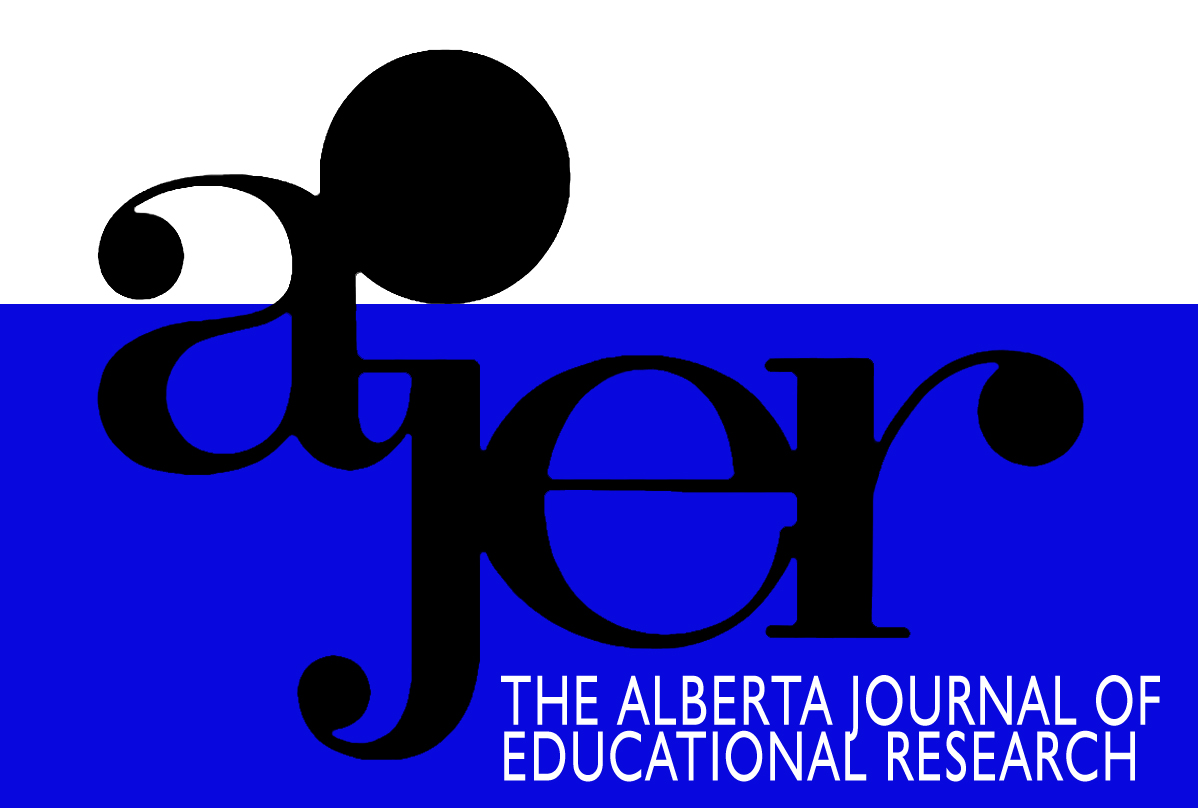Mentors’ Perceptions of Factors Associated with Change in Early Childhood Classrooms
DOI:
https://doi.org/10.55016/ojs/ajer.v59i4.55736Keywords:
early childhood education, mentoring, constructivist curriculum, educational change, professional developmentAbstract
Mentors’ perceptions of factors associated with educational change were identified following an individualized mentoring program about constructivist curriculum for early childhood educators. A qualitative case study analysis of the mentors’ journals of six classrooms was conducted to review their perceptions of change. Classroom environment quality was assessed with the Early Childhood Environmental Rating Scale-Revised (ECERS-R) before and after the intervention program. At post-intervention, mentors reported that classrooms with increased ECERS-R Activities scores were likely to engage in behaviors promoting change, for example reflective skills, documenting children’s learning, and challenging their own beliefs. In contrast, educators in classrooms with relatively stable post-intervention ECERS-R Activities scores appeared to create barriers that inhibited change. For example, they were less willing to challenge their beliefs, make changes in practice, and to document children’s learning. Recommendations presented in the paper focus on successful implementation of mentoring programs; policy implications indicate that individualized mentoring programs require proper financial and personnel supports.
Suite à un programme de mentorat individualisé portant sur un curriculum constructiviste pour les éducateurs de la petite enfance, nous avons recueilli les perceptions des mentors quant aux facteurs associés aux changements éducatifs. Nous avons entrepris une analyse qualitative de cas basée sur les journaux des mentors qui évoquaient six salles de classe et ce, afin d’étudier la perception qu’ils avaient du changement. La qualité du milieu scolaire a été évaluée avec l'Échelle d'évaluation de l'environnement préscolaire révisée (ÉÉEP-R) avant et après le programme d’intervention. Après l’intervention, les mentors ont signalé que les salles de classe ayant augmenté leur score selon l’échelle ÉÉEP-R étaient plus aptes à adopter des activités promouvant le changement, par exemple, celles impliquant les habiletés de réflexion, la documentation des apprentissages par les enfants et la remise en question des croyances. Toutefois, les enseignants des salles de classe dont le score selon l’échelle ÉÉEP-R après l’intervention était demeuré relativement stable semblaient créer des obstacles qui freinaient les changements. Par exemple, ils étaient moins disposés à remettre en question leurs croyances, d’apporter des modifications à leur pratique et de documenter l’apprentissage des élèves. Les recommandations proposées portent sur la mise en œuvre réussie de programmes de mentorat; parmi les implications stratégiques, notons la nécessité d’un appui financier adéquat et d’un soutien approprié de la part du personnel.
Downloads
Published
Issue
Section
License
UNIVERSITY OF ALBERTA COPYRIGHT LICENSE AND PUBLICATION AGREEMENT
If accepted, authors will be asked to sign a copyright agreement with the following points:
A. Where there is any inconsistency between this Copyright License and Publication Agreement and any other document or agreement in relation to the same subject matter, the terms of this Agreement shall govern.
B. This document sets out the rights you are granting in relation to publication of your article, book review, or research note entitled (the “Article”) through inclusion in the academic journal titled Alberta Journal of Educational Research (the “Journal”) published through the Faculty of Education, representing the Governors of the University of Alberta (the “Journal Editor”).
C. There will be no payment to you for this publication and grant of rights. In consideration of the agreement to publish the Article in the Journal:
1. You are warranting that:
- the content of the Article is your original work, and its content does not contain any material infringing the copyright of others; or, where the Article is not entirely your original work, you have obtained all necessary permissions in writing to grant the rights you are giving in this agreement;
- the content of the Article does not contain any material that is defamatory of, or violates the privacy rights of, or discloses the confidential information of, any other person;
- the Article has not been published elsewhere in whole or in part, and you will not allow publication of the Article elsewhere without the consent of the Journal Editor;
- the names of all co-authors and contributors to the Article are:
2. You agree to license the copyright in the Article to the Journal Editor, on a worldwide, perpetual, royalty free basis; and to the extent required by the terms of this agreement. You shall retain the right at all times to be acknowledged as the/an author of the Article.
3. You further agree that the Journal Editor has the entitlement to deal with the Article as the Journal Editor sees fit, and including in the following manner;
- The right to print, publish, market, communicate and distribute the Article and the Journal, in this and any subsequent editions, in all media (including electronic media), in all languages, and in all territories, ing the full term of copyright, and including any form of the Article separated from the Journal, such as in a database, abstract, offprint, translation or otherwise, and to authorize third parties to do so;
- The right to register copyright of the Journal;
- The right to edit the Article, to conform to editorial policy as the Journal Editor sees fit.
4. If any co-author or contributor to the Article does not sign this agreement, the Journal Editor reserves the right to refuse to publish the Article.



